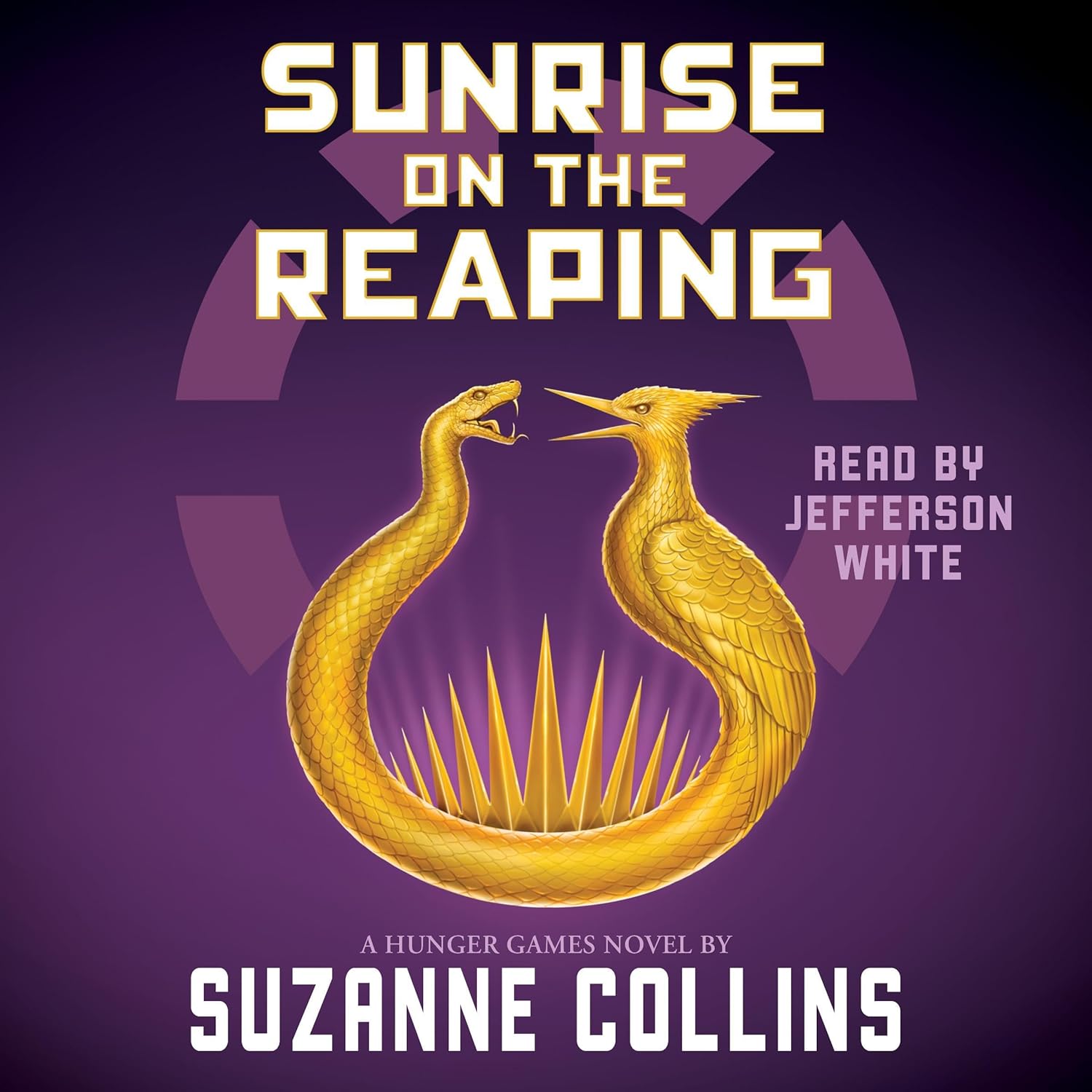[toc]
plutarchs dilemma commentary analysis
Sunrise on the Reaping (A Hunger Games Novel) (The Hunger Games)
Page 275 Review
A Glimpse into Plutarch’s Mind: A Commentary on Choices and Consequences
This passage offers a fascinating peek into the mind of Plutarch Heavensbee, a complex character grappling with the past and anticipating the future.
His words are laced with both genuine excitement and a tinge of regret, revealing the weight of decisions made to safeguard humanity.
Let’s delve deeper into the nuances of this excerpt.
The Lost Potential of Technology
Plutarch’s enthusiasm is palpable as he discusses the advanced technologies of the past. “He seems genuinely happy, saying he’s going to be able to edit the clips together into some fine propos.” This initial statement sets a positive tone, highlighting his passion for his work and the creative possibilities it holds.
However, this joy is quickly tempered by a sense of loss.
He laments the tools “that were abolished and incapacitated in the past, ones deemed fated to destroy humanity because of their ability to replicate any scenario using any person. ‘And in mere seconds!’ He snaps his fingers to emphasize their speed. ‘I guess it was the right thing to do, given our natures.
We almost wiped ourselves out even without them, so you can imagine.
But oh, the possibilities!’”
This passage is crucial.
It reveals a world where technology had advanced to a point where it posed an existential threat.
The ability to perfectly replicate any scenario, using any person, opened the door to unimaginable manipulation and destruction.
Plutarch acknowledges the necessity of their removal, citing humanity’s inherent flaws: “given our natures.
We almost wiped ourselves out even without them.” This suggests a history of self-destructive tendencies, making the advanced technology too dangerous to wield.
Yet, his regret is evident in the phrase “But oh, the possibilities!” This highlights the internal conflict within Plutarch.
He understands the rationale behind the decision but mourns the potential benefits that were lost.
It raises a profound question: is it better to limit progress to ensure survival, or to risk annihilation in pursuit of advancement?
The Weight of the Future: “Tomorrow’s the Show”
The shift in tone is noticeable when Lou Lou’s snake goes missing, a seemingly minor event that’s swiftly overshadowed by Plutarch’s urgency. “Lou Lou’s snake comes up missing, and we’re about to hunt it down when Plutarch notices the clock on the mantel and waves us toward the door. ‘Never mind, never mind.
We’ve got to get you to bed.
Tomorrow’s the show.’” This simple statement underscores the immense pressure and anticipation surrounding the upcoming events. “Tomorrow’s the show” isn’t just a literal statement; it’s a metaphor for the culmination of plans, strategies, and hopes.
It signifies a turning point, a moment of truth that will determine the fate of many.
The reference to “getting everybody to jump on the bandwagon again” is particularly insightful.
He equates it to “people being eager to join a popular thing” It shows how propaganda and manipulation are being used to influence people, this highlights Plutarch’s awareness of the power of public opinion and his attempts to sway it.
Uncertainty and Hope: A Final Encounter
The final lines of the passage leave us with a lingering sense of uncertainty and cautious hope. “I still don’t know what to make of the man, but maybe he really did risk his life to give me a last, few priceless moments with Lenore Dove and maybe, in the arena, his information will prove true.
Who knows if he might…”
The narrator’s skepticism towards Plutarch is understandable.
His motives remain ambiguous, and his actions are open to interpretation.
However, the possibility that he risked his life to provide comfort and support offers a glimmer of hope.
This act of apparent selflessness suggests a depth to Plutarch’s character that transcends mere political maneuvering.
Furthermore, the hope that Plutarch’s information will prove true in the arena is a crucial element.
It implies that the narrator’s survival and success depend on the accuracy and reliability of Plutarch’s intel.
This adds another layer of suspense and anticipation, as the fate of the characters hangs in the balance.
Conclusion
This short excerpt is rich with thematic depth.
It explores the dangers of unchecked technological advancement, the power of propaganda, and the complexities of human nature.
Plutarch Heavensbee emerges as a multifaceted figure, driven by both ambition and a sense of responsibility.
His words and actions leave us questioning his true motives and anticipating the role he will play in the unfolding drama.
The passage ends on a note of uncertainty, reminding us that in a world of political intrigue and moral ambiguity, trust is a precious and often elusive commodity.
Buy full ebook for only $15: https://www.lulu.com/shop/suzanne-collins/sunrise-on-the-reaping-a-hunger-games-novel-the-hunger-games/ebook/product-e7496ww.html?page=1&pageSize=4
Plutarchs Dilemma Commentary Analysis
Read more: Ballad of Songbirds: Hedge Maze Survival & Reflection

